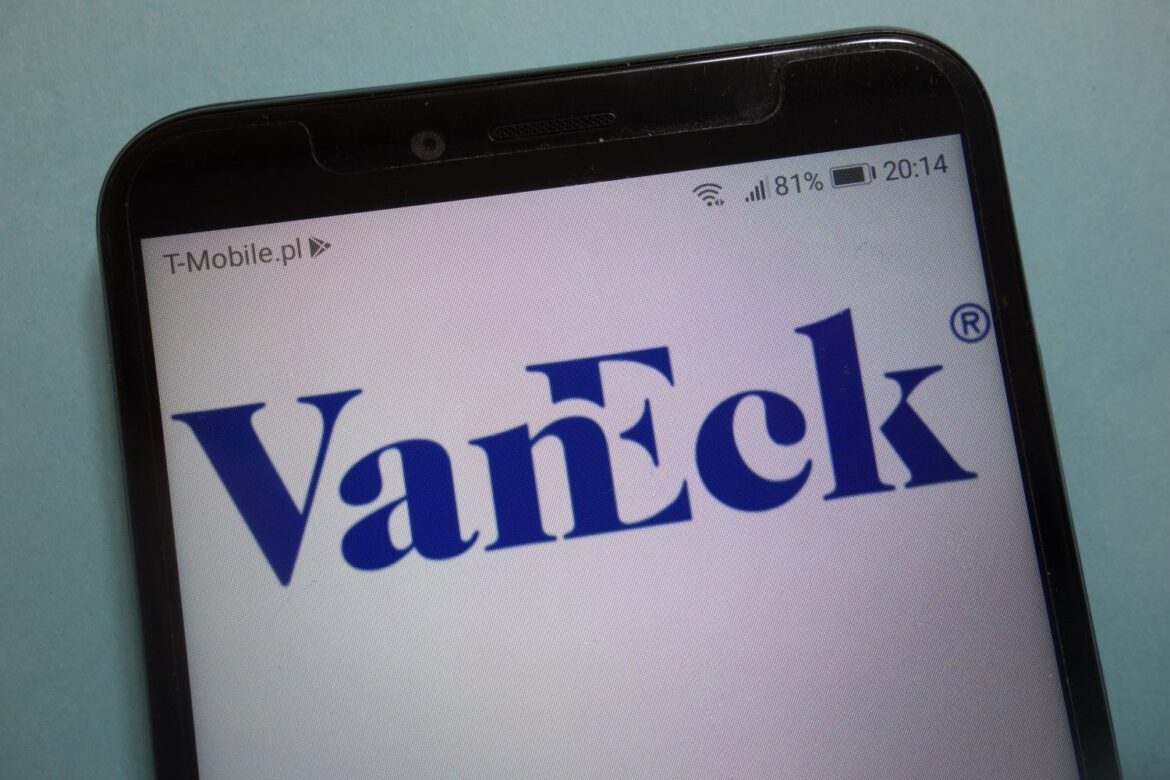VanEck has taken an early step toward launching a staked Ethereum exchange-traded fund (ETF) by registering a statutory trust for the product in Delaware, a public filing dated October 2 shows.
The proposed product, named the VanEck Lido Staked Ethereum ETF, would give investors exposure to ether that is staked through Lido, a decentralized protocol that lets users earn staking rewards without locking up assets themselves.
Registering the trust is a procedural first move and does not yet represent a formal ETF application with the Securities and Exchange Commission (SEC).
Lido dominadtes Ethereum staking, with about $38 billion worth of ETH — roughly one-third of all staked ether — currently locked in the protocol. It’s a key player in Ethereum’s proof-of-stake system, allowing users to earn yield on their tokens while keeping them liquid via derivative tokens called stETH.
In traditional finance terms, the ETF would operate like a fund that holds interest-bearing assets, but instead of bonds or cash, it would hold staked ETH. That structure would open up staked crypto to institutional investors who prefer the ETF wrapper, while removing the technical barrier of staking directly.
Lido’s governance token, LDO, is up more than 3% over the past 24 hours.
If approved, VanEck’s product could be the first staked ETH ETF in the U.S., adding a new layer to the growing competition among issuers racing to launch crypto-based funds.










